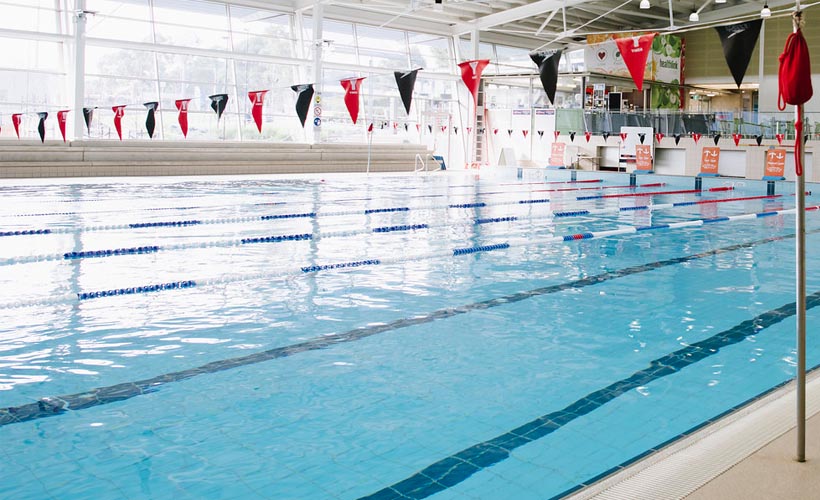
To those working in the industry in Victoria, we see you, we hear you and we are committed to you. Hang in there.
Royal Life Saving is supportive of measures to protect public health, and is watching the development of the COVID-19 outbreak in Victoria closely.
This continues to be a challenging time for many working in or relying on the aquatic industry, including swim schools. This industry makes a substantial contribution to community health and wellbeing.
For over 125 years, we have advocated that swimming and water safety lessons, a daily swim for fun, fitness and good health, and the aquatic and swim school sectors are essential.
Royal Life Saving understands that in Victoria, there are:
- 288 Victorian council-owned pools (Life Saving Victoria, 2020)
- 280 additional Victorian private learn to swim pools (Life Saving Victoria, 2020)
- More than 70 million visits to Victorian aquatic recreation facilities in a typical (non-COVID-19) year (Victorian Water Safety Assembly, 2016)
- More than 40,000 employees trained in water safety each year (Skills IQ, 2018)
- Sport and active recreation infrastructure (including aquatic facilities) delivers $8.5 billion to the Victorian economy each year (Sport and Recreation Victoria, 2017)
- 145,000 swimming lessons are missed every week pools are closed (Aquatics and Recreation Victoria, 2020)
Royal Life Saving Society Australia (RLSSA) research shows that the aquatic industry employs approximately a 47% casual workforce as well as a 73% female workforce. In Victoria, it is estimated that the sector employs over 20,000 workers.
Additionally, Royal Life Saving research has shown:
- The average aquatic facility creates $2.72 million a year in value to the community (RLSSA, 2017).
- Each swimming pool visit generates $26 in health benefits to the community (RLSSA, 2017).
- Lack of sufficient physical activity costs the Australian economy $3.7 billion every year (RLSSA, 2017).
Aquatic facilities are extremely utility-intensive operations and require significant resources to maintain pool water treatment, heating and availability of staff to reopen when ready.
Smaller, private swim schools, suffer even more from cash flow challenges when required to shut their doors.
With the aquatic industry, still suffering from staffing shortages, rebuilding after a lockdown period is a significant challenge for aquatic facility operators.
We encourage our Victorian colleagues to stay safe, stay ready and let’s all get back to the pools as soon as we can.
